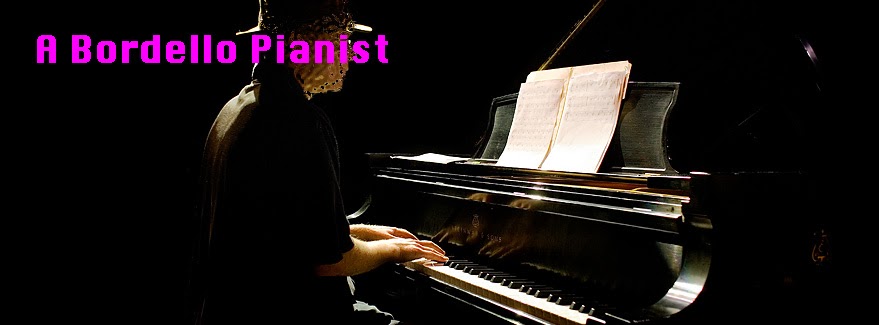On recent forays through 15 of the contiguous 48, rarely setting tire on an Interstate, we meandered through countless small towns and no big ones, discovering that if the business of America is small business, America is far from beautiful. Main Street is vacant and boarded up save for the thrift stores, flea markets and pawn-and-gun shops. Mom and Pop have gone bust, despite what the politicians tell you, and in Haysi, Hungry Horse, Guthrie and Cushing, you shop at the Dollar General or the Family Dollar. In a couple of towns they were right next door, on the outskirts across from the only operating gas station, just beyond the last falling down store where Mom once sold you back-to-school britches or Pop parceled out penny candy for a nickel a piece. Today, when you're flush you drive 20 miles to the nearest Walmart, whose huge supply trucks were the only big semi's we encountered on U.S. 81 or state Route 97 or whatever other road we happened to be following. Yes, traffic was light. Crossing the country east to west, or north to south, on these old roads was less stressful, and very little more time consuming, than battling the masses on the Interstates. Viewed up-close from the two-lane roads, small-town America is a grim picture, a parody of the bucolic one we used to see on Sunday drives in the family Studebaker. The best-kept buildings are churches and banks. Countless towns lacking a public library or decently-stocked food store had at least four or five of the former. The latter were branches of big-city banks where the One Per Cent park some of their cash, to be lent to Mom and Pop just before their little store is foreclosed with their homes soon to follow. Hundreds of fine frame houses that looked as if Bess and Harry Truman might once have lived there now sit vacant and rotting in the rain and sun. The rain storms we experienced seemed more violent than the ones we remembered from when we lived in places like these -- a product, science tells us, of man-made planetary climate change. But pious America regularly fills all those churches, pleading with God to gentle those storms, and to end the scythe of drought that turned most of the cornfields we passed into brown, sun-seared vales of tears. Between the fierce rain and hail storms, middle America is sweltering in a crop-killing heat wave. Mountain Home, Arkansas, where my Midwestern aunts and uncles used to head in bad summers for cool mountain air, was 106 degrees when we stopped by for catfish. We played fetch with Brandi in a shaded Oklahoma town park whose grass was dead and brown. It was 108, and an even hundred in the shade of the dying oak tree. The fruited plains are barren. The alabaster towns are gaunt and shuttered. From the occasional large lavish home high on a hillside overlooking one of these towns, a One Percenter looks down indulgently, and vows to put an extra Twenty in the church collection plate next Sunday. As for the rest of the congregants, Pray, Brother, pray! It's all the hope you've got. The politicians from Town Hall to Washington, DC, don't give a damn about your troubles. They've got their own mansions high on hills. So high and far away that they can't see your shuttered stores, your sun-scorched fields, your foreclosed homes, your crowded resale shops, your shoulders sloped in grief even as you choke back tears to sing of Amazing Grace from No. 57 in the hymnal. You put them in office and they know you'll keep putting them, or others of their ilk, there again and again. They call it democracy and they tell you it's what keeps America great.
Monday, July 30, 2012
Desolation Beneath the Spacious Skies
Subscribe to:
Posts (Atom)
